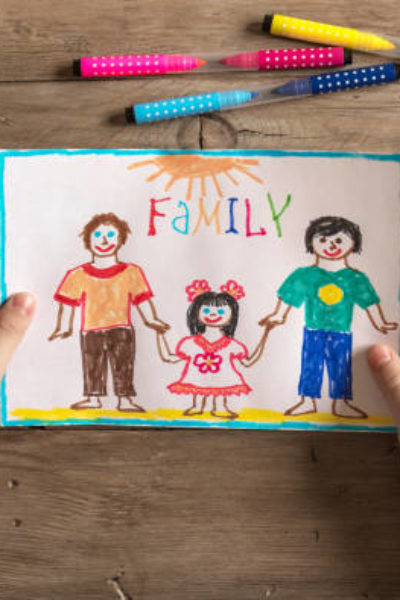1. Infertility
Infertility affects nearly 1-8 couples trying to have a baby. Many fertility doctors believe the true number is much higher than that. Infertility is defined as the inability to achieve a pregnancy after one full year of trying to conceive. Infertility can be caused by many different health conditions such as low sperm count, endometriosis, previous STD’s, and sometimes it has no known cause at all. Many would-be parents who face infertility deal with tremendous grief and struggle. They often turn to surrogacy as a solution to their challenges to have a baby.
To hear real stories from real people who have faced infertility please visit https://infertilityawareness.org/stories/personal-stories/
2. Same Sex Couples
Gay couples are unable to conceive naturally and often they choose surrogacy as a route to start their family. Surrogacy allows these couples to have a genetic link to their baby, if they choose to. In the last decade, many gay celebrities such as Neal Patrick Harris and Andy Cohen, have been very public about their journeys to parenthood with the assistance of a surrogate. This kind of public support and attention has done wonders to help end any stigma there has been around surrogacy.

3. Health Conditions
Many women cannot carry a pregnancy due to health conditions. This can range from requiring a daily medication that would be unsafe to take while pregnant to having a history of receiving harsh medications like chemotherapy and radiation which could make carrying a pregnancy dangerous to both mom and baby. In this case the intended mom might not actually be infertile but would not be physically able to carry a pregnancy.

4. Age
For many now a day’s family is coming later in life, however fertility naturally declines with age. A woman’s peak reproductive years are between 17-29, but many are not ready to have a baby at this stage in life. By age 30, fertility starts to decline. This decline becomes more rapid once you reach your mid-30s. By 45, fertility has declined so much that getting pregnant naturally is unlikely for most women. Many people who choose to have children after 40, consider surrogacy as a way to start or expand their families.

5. Reoccurring pregnancy loss
Many women find themselves being able to get pregnant with ease only for the pregnancy to end in a miscarriage. Pregnancy loss is an emotionally painful experience, often times there is no known reason for the loss which can be incredibly frustrating for those going through the experience. While miscarriages are fairly common, reoccurring miscarriages are not, just 2 percent of pregnant women experience two pregnancy losses in a row, and only about 1 percent have three consecutive pregnancy losses. The physical and emotional toll that reoccurring miscarriages can have on a women are unbelievable, for many the risk and pain is too much to continue to bare and they choose surrogacy as a safer path to parenthood.





